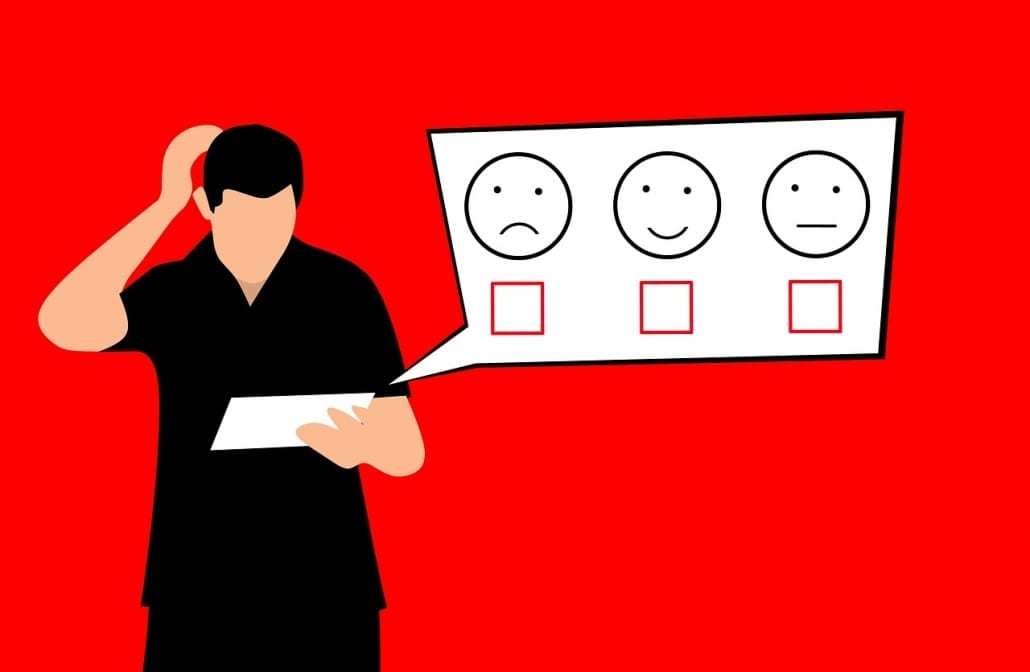5 Simple Steps for Building a Good Reputation Online
Having a good reputation online is key to making your business grow and flourish. But knowing where to start can feel overwhelming.
Keep reading to learn the five steps to building and managing your company’s reputation online.
1. Create Your Online Business Card
Think of your webpage as a business card. You want to have a catchy domain name that is unambiguous and short. Focus on the main page, paying attention to the design, and make sure it doesn’t get overcrowded with too much information as this could lose your readers.
You’ll want to make sure your layout is visually interesting and the text is clear with graphics and pictures that match. Any detailed information should go into separate sections.
You’ll want to make sure your contact and about buttons are easy to locate. Highlight your companies greatest achievements in the about section. Have the address of your headquarters, e-mail, telephone number, directions, and map in your contact section.
You should also include a section where clients can put reviews and opinions, which has been shown to boost sales. There are even online reputation management companies that can help you out.
2. A Blog Is Key for a Good Reputation Online
Your website should also have a blog filled with inspiration yet professional content. Blogs are great places to share your company’s values and products while building the image that your business is an expert in your field.
You’ll want to put a lot of effort into your blog, making sure you don’t have any grammatical errors or confusing language. Take your posts up a notch with relevant charts, infographics, and pictures.
3. Be Active on Social Media
Social media helps prospective clients find your business. Having a strong social media presence will help your company’s reputation.
You can inform your clients about new products or articles on your webpage. Make sure your social media posts are all brief, attention-grabbing, and to the point.
4. Reply to Every Request or Opinion
You need to show your potential and current clients that you have an accessible business that treats people respectfully, which means you’ll want to respond to every review or message you receive. If you see a negative comment, respond politely with understanding and avoiding conflict.
Take advantage of any positive comments by proudly sharing them on your social media platforms. This is proof of the quality of your products and or services.
5. Share Your Achievements and Awards
People will trust companies that are award-winning and experienced. Clients are more likely to work with a company that has been recognized over a company that has not. So make sure all your glowing reviews, accomplishments, and awards are easy to see on your website.
Fix Your Online Reputation Today
Now that you know the five steps to build and maintain a good reputation online, start making these changes today. A website that is to the point and easy to find and navigate will help grow your company for years to come.
For more resources of growing your business, check out the rest of our blog.



 Angela Baker is a self-driven specialist who is currently working as a freelance writer at writing services
Angela Baker is a self-driven specialist who is currently working as a freelance writer at writing services 